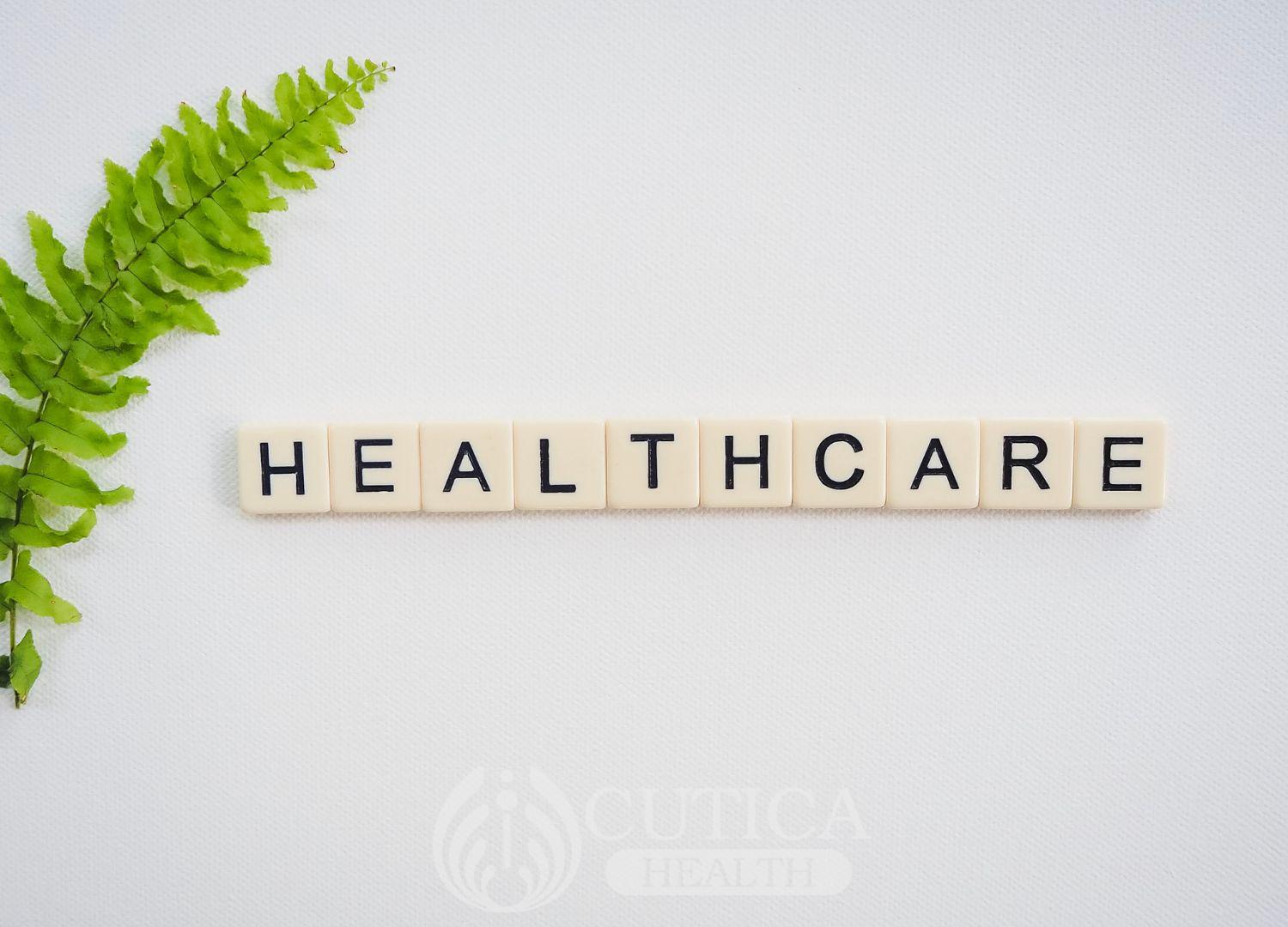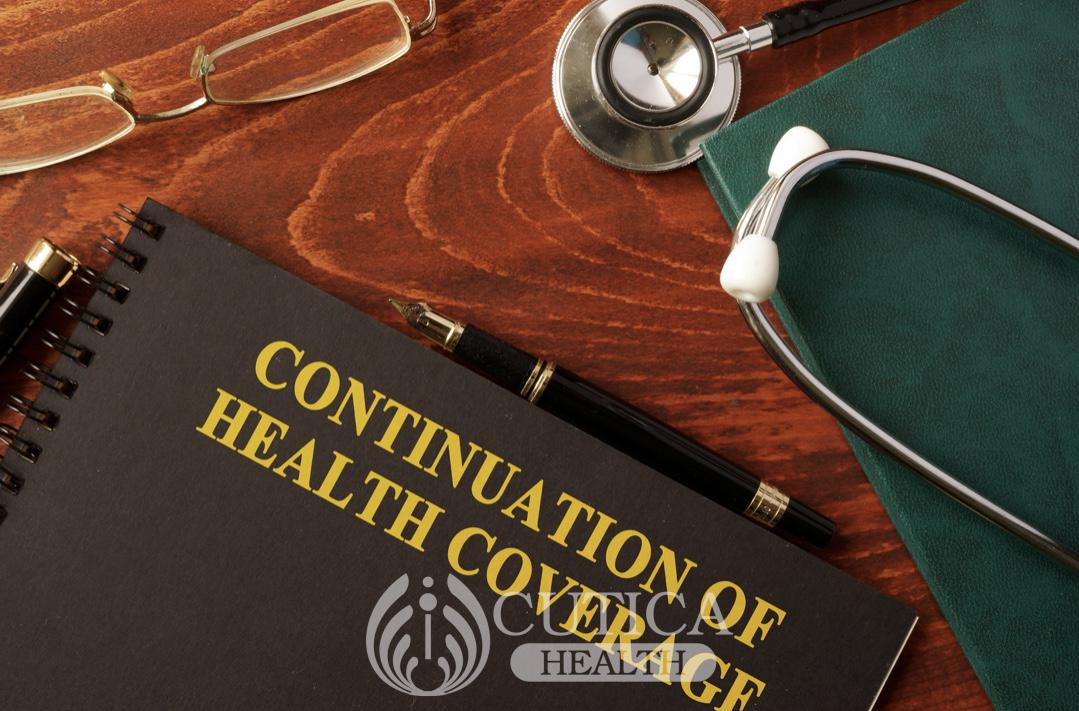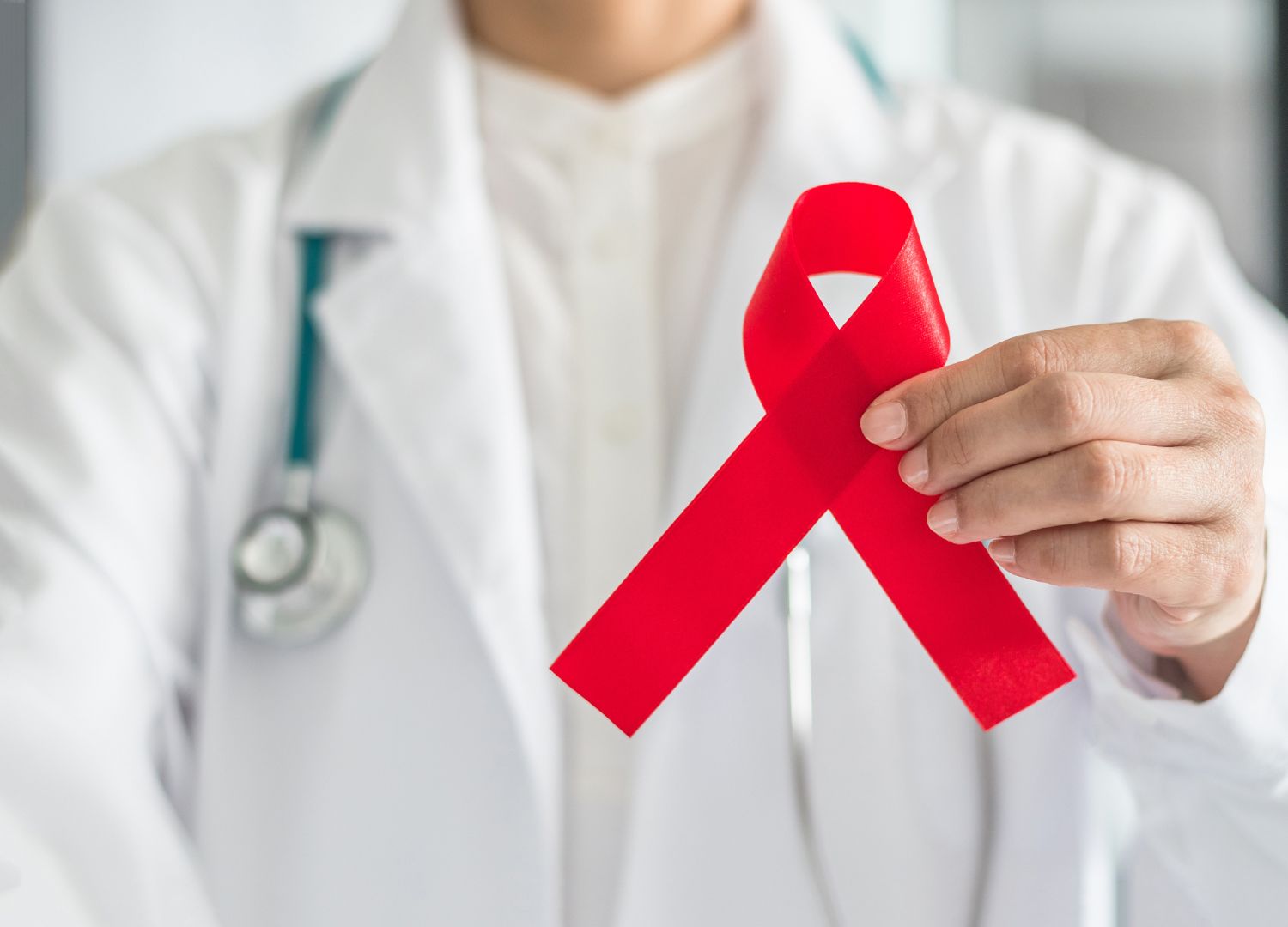
We have enumerated the health benefits of drinking water in a previous article; water, indeed, is life, and is essential in clearing wastes from our body and boosting how efficiently organs function. But how do you know if you are missing the mark in your water intake?

It is important to know that you can drink too little or too much water; you may be surprised to find that water can be too much in the body. Essentially, it is possible to get dehydrated from drinking too little and overhydrated from drinking too much.
Here are tips to help you detect either:
How do I know that I'm not taking enough water?

There are signals sent by the body to inform us that there’s a need for increased water intake. We should however not wait for these signs before drinking water. Some symptoms of dehydration are:
- Thirst
- Headache
- Dry mouth
- Change in urine colour (dark yellow)
- Muscle cramps
- Decreased production of urine.
- Dry skin.
Is it possible to get sick from too much water?
The general rule of taking about 6 cups of water is mostly for healthy people. It’s possible to have an excess of water if you have some medical conditions like problems with your kidney, liver or heart or of you are taking some medications that makes your body to retain water e.g. NSAIDS (ibuprofen, diclofenac), some antidepressants.
Water intoxication in a healthy person is rare. When this occurs, you may experience headaches, dizziness, swollen feet and face, and confusion.
If you have a medical condition that makes you worried or confused about your required water intake, it is advisable to check with your doctor for guidance.
How much water is one expected to drink per day?
Despite popular belief that one is expected to drink about 3L of water in a day, the amount of water needed daily to stay healthy and hydrated depends on your height, weight, body metabolism, and daily routine. Daily fluid intake should therefore be individualized.

The center for disease control and prevention (CDC) cites that there is no recommendation for how much plain water an adult should take.
Staying hydrated is not solely through taking plain fluids. Water is also found in water rich vegetables, fruits and foods. An excess of sugary drinks like sodas are not usually advised as they may worsen dehydration. They’ve also be shown to cause weight gain and inflammation in the body. It also increases your risk of developing Diabetes. Too much caffeine makes a person jittery and can lead to poor sleep. Alcohol is also not recommended as choice of fluid.
It is advisable to drink fluids throughout the day. Make it a practice to take a drink with meals.
While there’s no strict rule on the amount of water one should take, an estimate of what constitutes adequate water intake has been given. This is the total amount of water from all sources expected to be consumed by adults aged 19 and 30 years: about 3.7L for men and 2.7 L for females. Pregnant females will require an extra 0.3L and breastfeeding mothers, an extra 0.7-1.7L.

The benefits of drinking water are inexhaustible. Without adequate fluids in your body, you cannot survive. Studies show that deprivation of water is more detrimental than food deprivation. This means a person can survive for a longer time without food than without water. Drinking water is definitely not overhyped and making a conscious decision to indulge in it is a good and commendable health practice.












